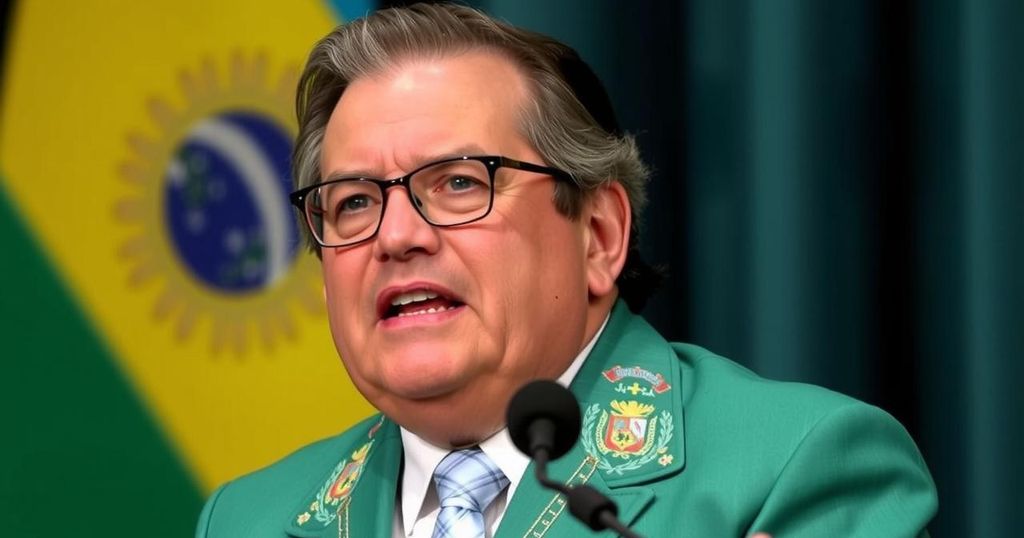Bolivia’s Controversial Judicial Elections: A Test of Democracy and Governance

Bolivia holds controversial judicial elections, unique in the world as such elections are determined by popular vote. Amidst low voter engagement and concerns over the politicization of the judiciary, the current vote comes after a delay stemming from power struggles within the ruling party. Critics warn that this approach undermines judicial independence, likening it to broader threats to democracy seen across Latin America.
Bolivia is engaging in a controversial popular vote for judicial positions, marking a unique approach to electing judges, as it is the only nation to do so. Although campaigning is prohibited, some candidates have resorted to creative tactics such as advertising their images on snack packages. Voter apathy dominates, with many individuals expressing uncertainty about their choices. Critics argue this system has politicized the judiciary, transforming courts into tools for political gain rather than serving as independent arbiters of justice. The current judicial elections were delayed amid a power struggle within the ruling party, exacerbated by a constitutional court composed of allies of the president, raising further concerns about democracy and governance in the region. This vote, now regarded as a partial election for only four of the nine Constitutional Court positions, follows a historical precedent of low voter turnout in previous elections, reflecting widespread distrust of the elected judiciary and its implications for Bolivia’s democratic framework.
The judicial election system in Bolivia, established over a decade ago, replaced a merit-based nominating process. This change has drawn scrutiny and critique, both domestically and internationally, as judicial elections potentially encourage the prevailing political party’s dominance and compromise judicial independence. As Bolivia approaches a pivotal moment in its democratic evolution, the current elections are indicative of deeper tensions within the political landscape, particularly as they unfold against a backdrop of historical controversies involving judicial appointments and executive authority. Mexico is also witnessing a similar shift in its judicial election processes.
The ongoing judicial elections in Bolivia illustrate the complexities of a system that challenges traditional norms of judicial independence and meritocracy. Despite the prohibition of overt campaigning, candidates seek creative avenues to connect with voters, who remain generally disengaged and skeptical. With historical precedents revealing a pattern of low turnout and dissatisfaction, the outcome of these elections may significantly influence the future trajectory of Bolivian democracy and governance. As the country navigates this critical juncture, the implications of such electoral practices resonate across the region, potentially impacting the political climate in neighboring nations including Mexico.
Original Source: www.voanews.com






